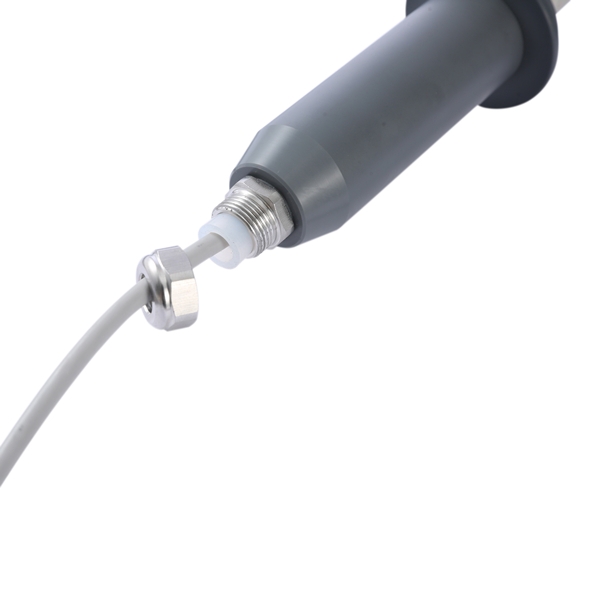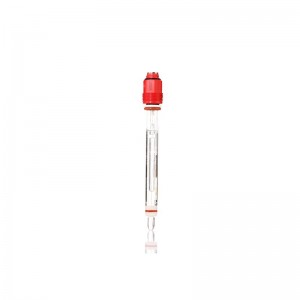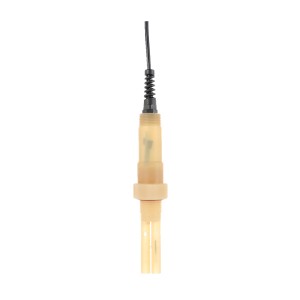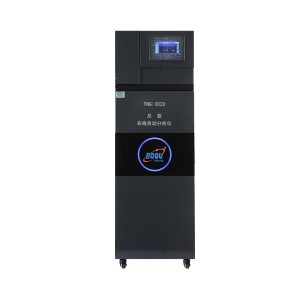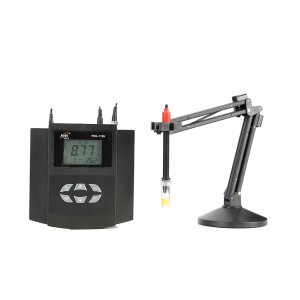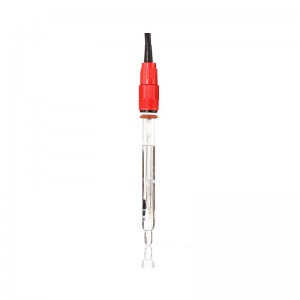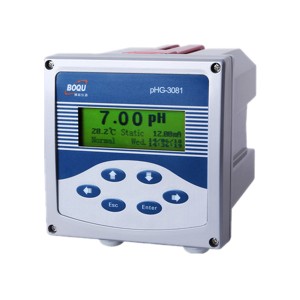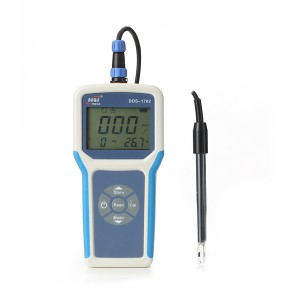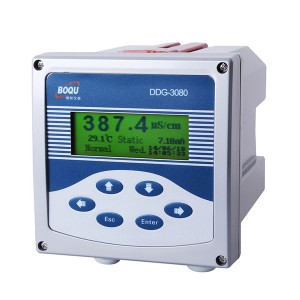A salinity probe is almost one of the necessary pieces of equipment in all water quality testing. Water quality is essential for many commercial applications, including aquaculture, swimming pools, and water treatment plants.
Salinity is one of the key factors affecting water quality, and a probe can help ensure that salinity levels are within the desired range.
In this article, we will explore the benefits of using a salinity probe in commercial applications, and how it can improve water quality.
What Is A Salinity Probe?
A salinity probe is a device used to measure the concentration of salt in a solution. It is commonly used in various applications, including aquariums, swimming pools, and water treatment plants.
Working Principle:
Salinity probes work by using a conductivity sensor to measure the electrical conductivity of a solution. The higher the concentration of salt in the solution, the higher its conductivity. The probe then converts this conductivity measurement into a salinity reading.
Types of Salinity Probes:
There are two main types of these probes: galvanic and conductivity. Galvanic probes work by measuring the electrical potential generated by a chemical reaction between two metals, while conductivity probes measure the electrical conductivity of a solution.
Factors Affecting Accuracy:
The accuracy of a salinity probe can be affected by various factors, such as temperature, calibration, probe quality, and sample preparation. Temperature can affect conductivity readings, so it’s important to use a temperature-compensating probe or adjust the readings for temperature.
Proper calibration is also critical for accurate readings, as well as using a high-quality probe that is properly maintained and cleaned.
Salinity Units:
Salinity can be measured in different units, such as parts per thousand (ppt), practical salinity units (PSU), or specific gravity (SG). It’s important to understand the units being used by the salinity probe and convert readings as necessary.
Benefits Of Using A Salinity Probe In Commercial Applications:
Increased Accuracy: Salinity probes can provide more accurate readings than manual testing methods. They can measure salinity levels within 0.1 parts per thousand (ppt), making them ideal for applications that require precise salinity control.
Improved Efficiency:
Using a salinity probe can save time and reduce labor costs compared to manual testing methods. With a probe, measurements can be taken quickly and easily, without the need for complex equipment or extensive training.
Reduced Costs:
By ensuring that salinity levels are within the desired range, a salinity probe can help reduce costs associated with water treatment and product loss. It can also help prevent equipment damage caused by excessive salinity levels.
Improved Product Quality:
Salinity can affect the quality of products such as fish and seafood, and using a salinity probe can help ensure that salinity levels are optimal for product quality. This can lead to higher customer satisfaction and increased sales.
Applications Of Salinity Probes In Commercial Settings:
- Aquaculture:
Salinity is an important factor in the growth and survival of fish and other aquatic animals. Using a salinity probe can help ensure that the water in aquaculture systems is within the optimal range for the species being raised.
- Swimming Pools:
Salinity can affect the comfort and safety of swimmers in pools. Using a salinity probe can help ensure that the water in pools is within the desired range for optimal performance of pool equipment and swimmer comfort.
- Water Treatment Plants:
Salinity can affect the effectiveness of water treatment processes, and using a salinity probe can help ensure that salinity levels are within the desired range for optimal water treatment.
How Does A Salinity Probe Improve Water Quality In Commercial Applications?
Maintaining optimal water quality is crucial for commercial applications, especially in industries such as aquaculture, swimming pools, and water treatment plants.
A salinity probe, such as BOQU’s IoT Digital Inductive Conductivity Salinity Probe, can help improve water quality by measuring the concentration of salt in a solution.
1) Improved Accuracy:
Salinity probes can provide accurate measurements of salinity levels, which can help maintain optimal water quality. Accurate measurements can help prevent the buildup of harmful substances, such as algae or bacteria, and ensure that water quality meets regulatory standards.
BOQU’s salinity probe features high accuracy and stability, making it suitable for use in harsh chemical environments.
2) Efficiency and Reduced Costs:
Salinity probes can provide faster and more efficient measurements of salinity levels compared to manual testing methods. This can save time and reduce the need for manual labor, which can increase productivity and decrease labor costs.
BOQU’s probe also features a 4-20mA or RS485 signal output, making it easy to integrate with other systems.
3) Improved Commercial Quality:
Salinity probes can help maintain consistent water quality, which can improve the quality of products produced in commercial applications, such as fish or vegetables. This can lead to higher customer satisfaction and increased profits.
BOQU’s salinity probe is suitable for measuring the conductivity of a high-concentration salt solution, making it a valuable tool for maintaining optimal water quality in aquaculture and other industries.
4) Flexibility and Easy Installation:
BOQU’s salinity probe features a large aperture sensor and a flexible installation design, allowing it to be used in a wide range of applications. Its common bulkhead mounting structure makes it easy to install and use.
Salinity probes, such as BOQU’s IoT Digital Inductive Conductivity Salinity Probe, can be a valuable tool for improving water quality in commercial applications.
They can provide accurate measurements, improve efficiency, reduce costs, and improve product quality. By maintaining optimal water quality, businesses can avoid costly problems, such as equipment breakdowns or waterborne illnesses, and increase their profits.
Final words:
Water quality testing is a vital component of the modern water treatment industry. It is used to ensure that drinking water meets health and safety standards, and can also be used to ensure that the environment does not suffer from contamination.
If you want to get a more specific water quality improvement solution, you can come to BOQU directly! They have rich experience in complete solutions and have helped many water plants, aquaculture farms, and factories to effectively improve water quality.
Post time: Apr-19-2023

